From the Peace Corps to pioneering environmental justice
A love and deep yearning for the outdoors is as much a part of Jasmine Washington’s identity as being a wife, a dog mom, and an associate attorney in SELC’s Chapel Hill office.

In just one conversation, she describes taking off into nature at least half a dozen times: barefoot in the woods by her house after school, solo in the North Carolina backcountry, trekking to an eco-lodge off the coast of Panama City, and even the desire to be dropped in the middle of the forest without a map to “just see where the spirit moves [her].”
This North Carolina native grew up on a family farm surrounded by tobacco in a rural town called Bunn, which is about 30 miles north of Raleigh and home to only about 400 people. It’s the type of place where neighbors still come together for an annual field day known as Bunn Fun Day, and the Christmas tree lighting and Easter egg hunt also bring a crowd.
“I’m proud to be from a small town in a rural area,” Washington says. “At summer camp as a kid, there would be lighthearted teasing about my accent or the fact that I lived on a farm, but my parents taught me not to be ashamed or try to make it sound like I’m from somewhere else.”
Washington is using her rural North Carolina roots to her advantage now as an environmental attorney with place-based expertise, a quality that makes SELC’s lawyers among the best in the field.
Progress isn’t automatic
“You have to fight for it,” says Washington.
That’s ultimately why she became an attorney — a decision also informed by the outcome of the 2016 presidential election.
“It dawned on me that there are a lot of people who don’t care about the environment, women’s issues, poor people, etc., and those were the people about to be in charge,” says Washington. “I thought I’d go to law school and try to do something about it.”
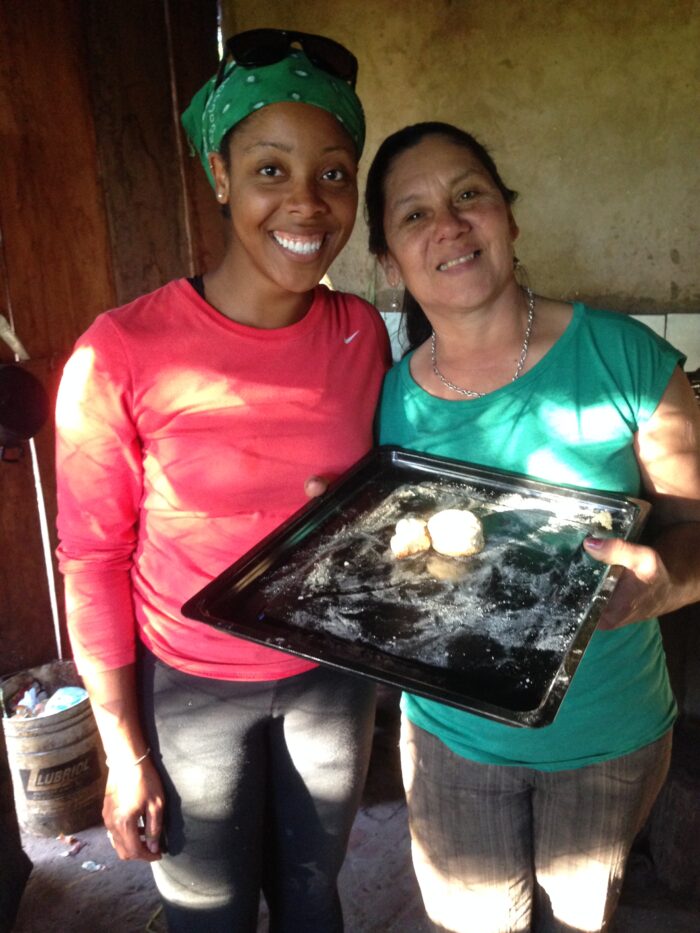
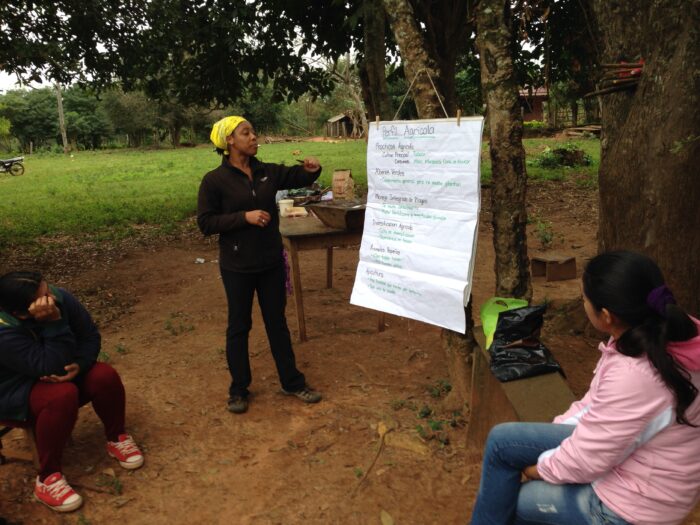
At that time, Washington was returning to the United States from two years of service with the Peace Corps. As an agricultural specialist, she taught gardening and environmental conservation to mainly the women and kids of Maria Auxiliadora, Paraguay.
Abroad, she grew collard greens, taught making biscuits, “and I got my mom to send me grits,” she adds. Coming back home not only meant direct access to her favorite Southern cuisine, but also the next chapter of her career.
Washington started classes at the University of North Carolina School of Law in 2018 to put her plan to make real progress into action. That’s where she encountered Chandra Taylor-Sawyer, the leader of SELC’s environmental justice initiative, who teaches an environmental justice class at the college.
“I was just in awe of the work she was doing. I wanted to do it, too,” Washington says.
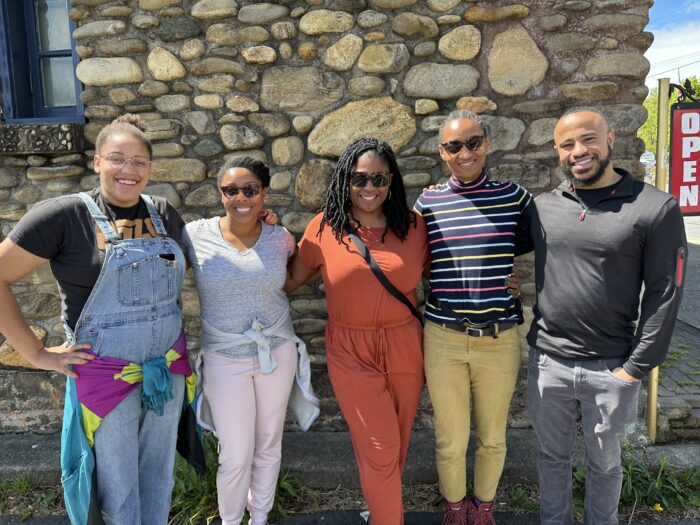
Things started clicking into place for her after that. She interned at SELC’s Chapel Hill office in 2019 and learned about our Glynn D. Key fellowship program for law students and attorneys committed to advancing environmental justice. Staff encouraged her to apply.
“For the next two years of law school, I just hounded Chandra about the fellowship,” says Washington, laughing now about her tunnel vision. “I barely had a plan B.”
Luckily she didn’t need one. Washington officially joined the SELC staff as a Glynn D. Key fellow in September 2021.
Honoring Glynn D. Key
Washington joined a crew of other talented grantees of the fellowship created in honor of Glynn D. Key, a dear friend of SELC and former Trustee from 2000 to 2009.
Key was a widely admired and respected lawyer who broke through many racial and gender barriers in her life and career. A native of Chattanooga, Tennessee, she attended the University of Virginia, where she served as the first Black chair of the Honor Committee. She also received her law degree from UVA and began her legal career as an associate at a firm in Washington, DC.
From 1993 to 1996, she served in the first Clinton administration in the Department of Interior and was the lead negotiator of the $700 million groundbreaking Everglades restoration settlement among environmentalists, local Indigenous tribes, the farming industry, and federal and state governments. She later became general counsel for General Electric until her sudden death at the tragically young age of 50.
Knocking on doors
The fellowship continues to bring new people on board to help advance environmental justice. Right now for Washington, that looks like knocking on doors in various Southeastern cities and towns to ask about impacts of living near industrial wood pellet facilities.
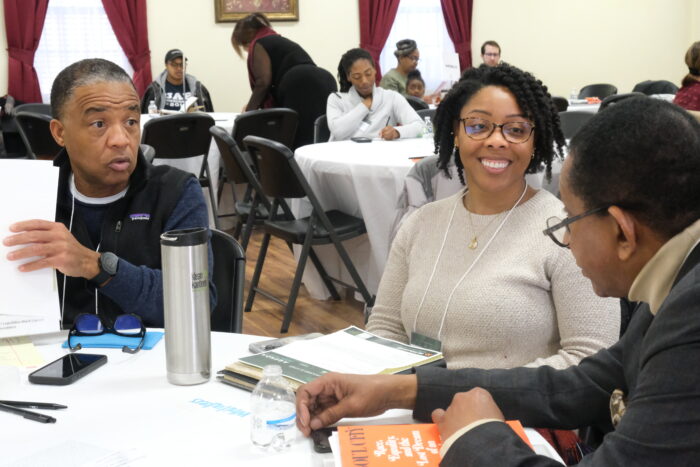
There are endless anecdotes of communities of color and those with below average incomes bearing disproportionate impacts of pellet mill pollution. But so far, little quantitative information exists around the unjust pattern. This new wood pellet survey will finally provide data to back up the personal stories.
“The environmental burdens on Black, Brown, and poor communities have been ignored for a long time, so it’s an honor to work with them to address these issues,” she says. “Nobody wants to hear the whistle of a wood pellet mill 24/7. Nobody wants to have their roads mucked up with trucks from industrial hog operations and wood pellets.”
Washington is currently part of a small team that goes door-to-door, recording survey responses from English and Spanish-speaking neighbors who agree to share their personal record of what it’s like living by a wood pellet facility.
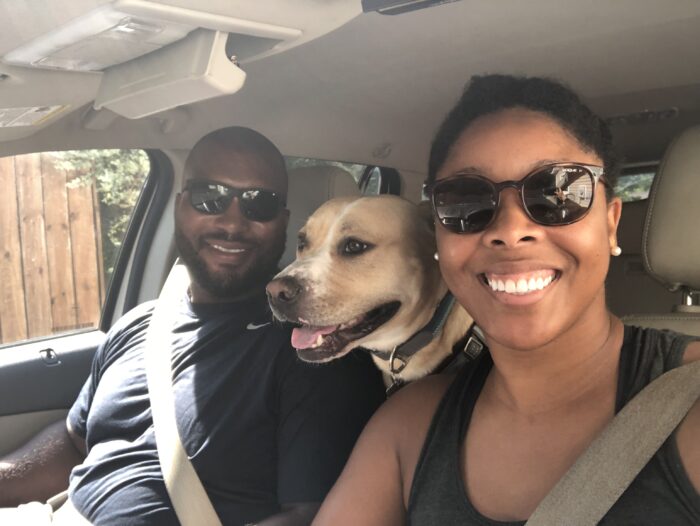
“It’s a very humbling experience because I have to put my ego to the side and acknowledge I’m asking someone to take time out of their day to help me out,” she adds. “SELC is in a position to do this type of survey work because we are place-based. We have people on the ground building connections with communities where we also live and work.”
It’s hard work, too, so Washington stresses the need for positivity, rest, and gratitude.
“I do what I can and leave the rest alone. Your guilt does nothing for others, so it’s okay to focus on being grateful for what’s good in the world. There’s still so much good.”
